Front Row lecture series
Decoding viruses for vaccine innovation
Andrew Ward, PhD
Professor, Department of Integrative Structural and Computational Biology
Viruses use specialized proteins to infect human cells, and understanding their structure is key to creating more effective vaccines and antiviral therapies. Scripps Research professor Andrew Ward will delve into his pioneering work on mapping these proteins with cutting-edge imaging techniques. Ward’s research provides critical insights into viral neutralization mechanisms, paving the way for advancements in vaccine development against pathogens like HIV, influenza, coronaviruses and much more.
Presented: March 19, 2025
Presentation slides
Key takeaways
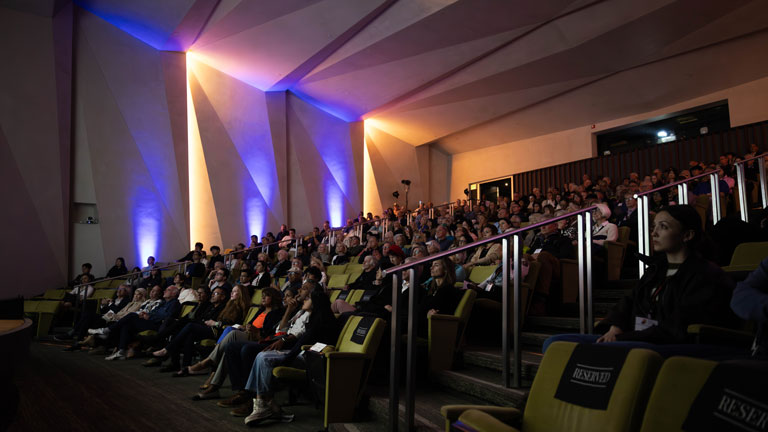
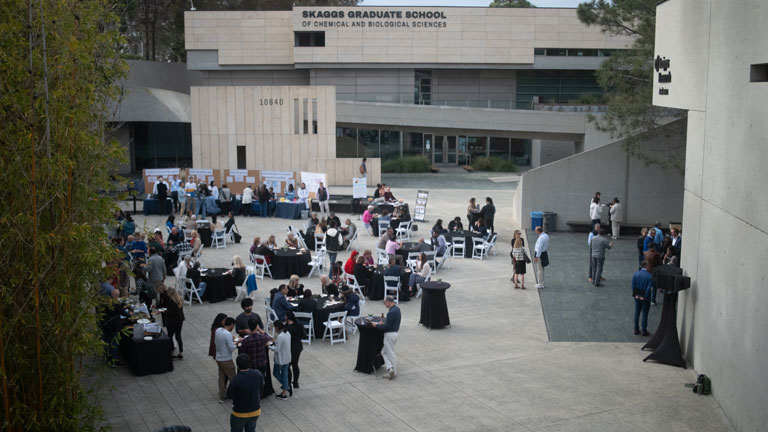



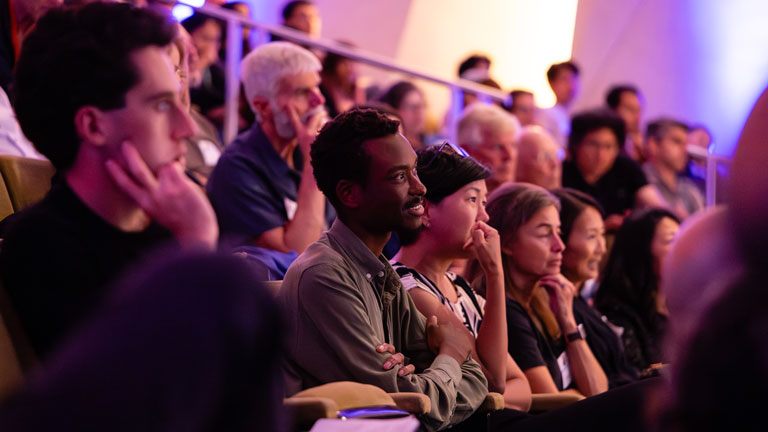



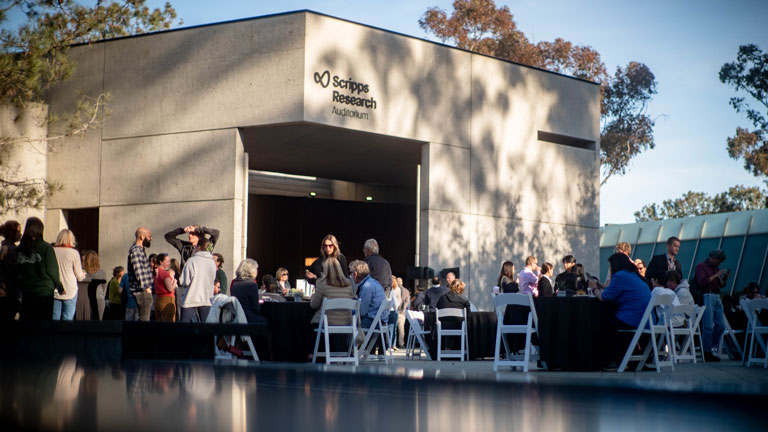



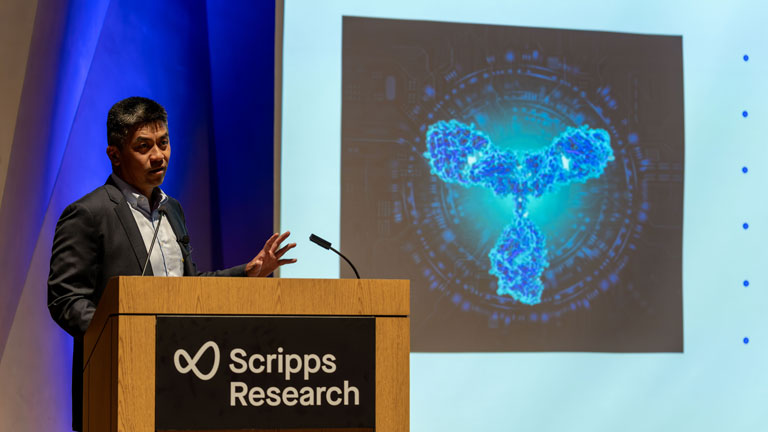















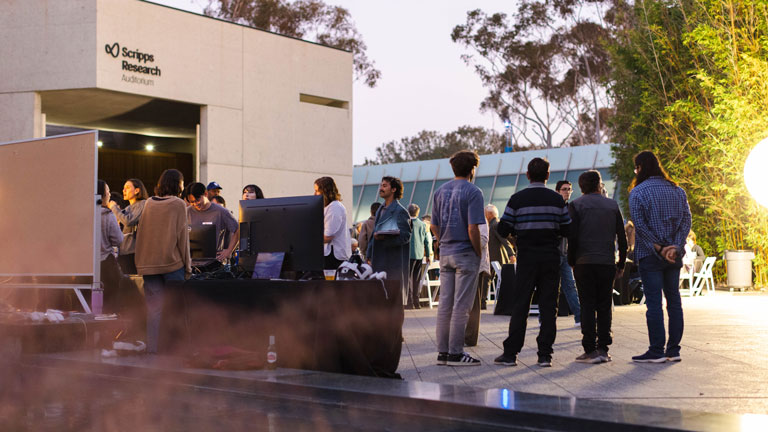








































































































































Decoding viruses for vaccine innovation
Viruses use specialized proteins to infect human cells, and understanding their structure is key to creating more effective vaccines and antiviral therapies. Scripps Research professor Andrew Ward will delve into his pioneering work on mapping these proteins with cutting-edge imaging techniques. Ward’s research provides critical insights into viral neutralization mechanisms, paving the way for advancements in vaccine development against pathogens like HIV, influenza, coronaviruses and much more.
Speaker Spotlight
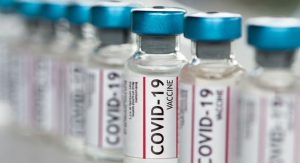

How Scripps Research helped map the course for today’s COVID-19 vaccines
Two coronavirus vaccines distributed in the United States—and many of the experimental COVID-19 vaccines in development—were made possible with innovations born at Scripps Research from the lab of Andrew Ward.
Read press release
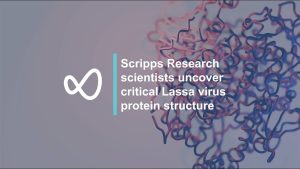
Deadly virus structures point toward new avenues for vaccine design
Scripps Research scientists have determined the structure of the critical protein complex that lets Lassa virus—a potentially deadly virus—infect human cells.
Read press release
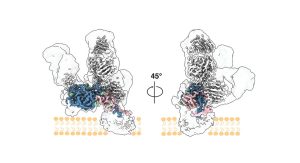

Scripps Research scientists map key protein structure of Hepatitis C virus
A team led by Scripps Research scientists and the University of Amsterdam map, at high resolution, critical proteins that stud the surface of the Hepatitis C virus (HCV) and enable it to enter host cells.
Read press release
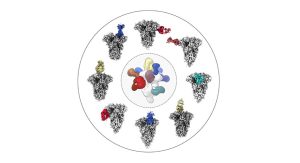

How a COVID-19 infection spurs antibodies against common colds
Scripps Research scientists analyzing coronavirus antibodies found more antibodies that recognize other, related viruses in people who had been infected with COVID-19.
Read press release
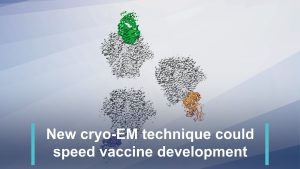

New electron microscopy technique could shortcut the development of vaccines and monoclonal antibody therapies
The new method by scientists at Scripps Research identifies specific antibodies in immune responses to vaccination or infection in a fraction of the time needed for traditional approach.
Read press release